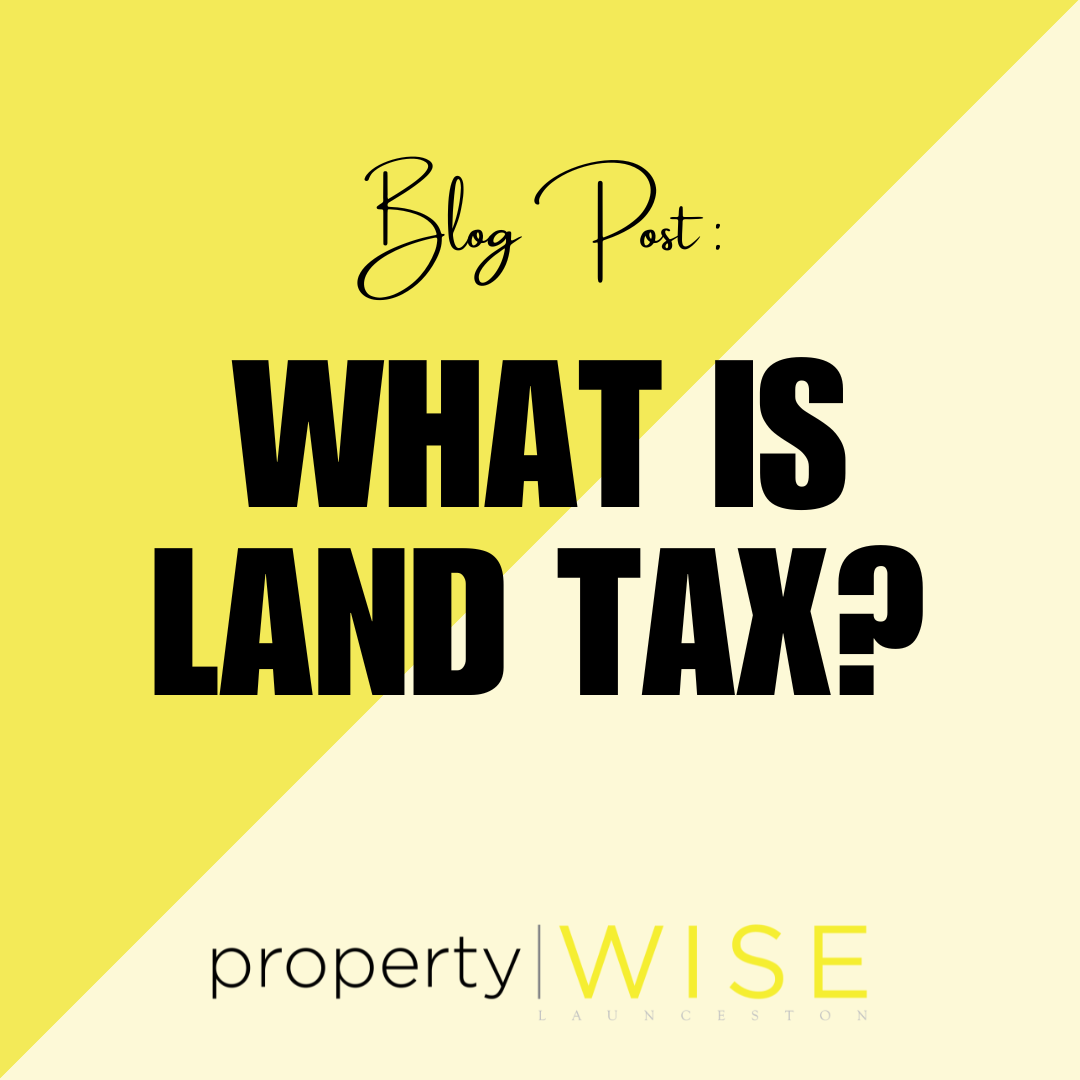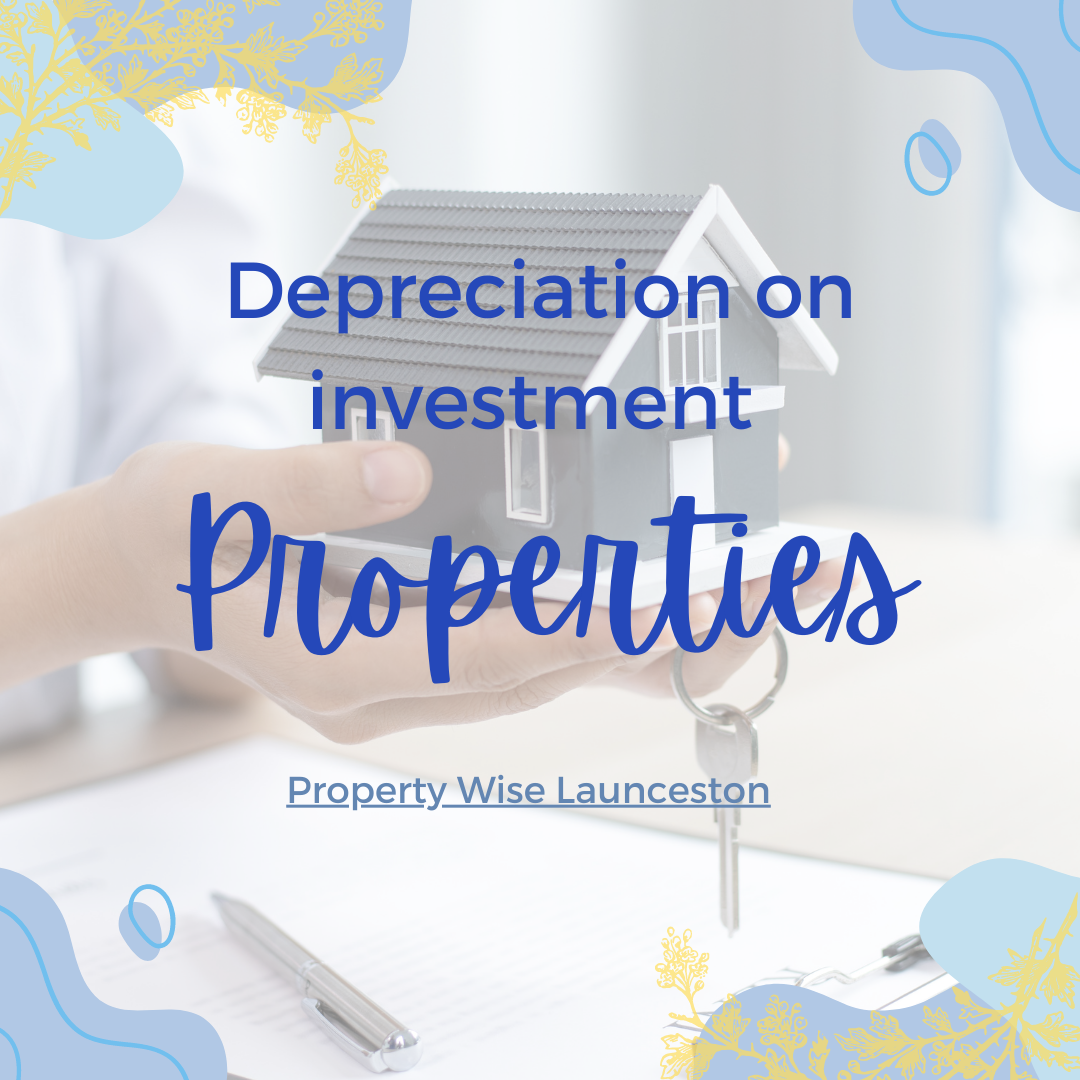What is land tax?
If you’re a property investor with multiple properties or at least one sizeable property, land tax is an annual expense that you need to factor in along with insurances, maintenance and repairs, and other expenses. This is because land tax is calculated based on the value of the land that you own above a specific threshold. The value thresholds and when it is calculated (end of the calendar year or end of financial year) varies between states, so it’s a good idea to stay updated on the latest land tax developments in the states where you own investment properties. Keep reading below to learn more about land tax.
How is land tax calculated?
Land tax is calculated based on value thresholds and a percentage charged for land held over the threshold. For example, in most states a flat fee is charged for each value threshold, plus a certain percentage of the land value above the threshold. In Tasmania, we have a handy calculator that we can help estimate your costs. If you would like my help with this, please do reach out to me. [email protected]
As your portfolio and land values grow, your land tax will increase. Factoring this increase into your annual expenses as a property investor at the time of researching and buying property will help you make sure the numbers stack up. And to make sure you have your landholdings structured in the most effective way possible for your legal and financial protection, you should consult your accountant, and qualified financial and legal professionals to assess your situation.
When is land tax due?
Land tax is an annual payment, and it’s calculated at different times of the year depending on which state (or states) your land holdings are located in. To make sure you have the funds available when payment is due, you should talk through this with your property manager depending on if your land tax is able to be a paid in instalments or a one lump sum.
Is land tax deductible?
Land tax paid on rental properties is a tax deduction. When you complete your land tax registration form, you will receive an assessment notice from the revenue office in your state. Once it’s paid, you can claim a deduction for land tax expenses, but only if you pay them, not your tenants. Deductions are managed by the Australian Taxation Office, so the same rules apply across all states and territories.
Whether you own rental and investment properties, commercial premises, factories, holiday homes, and non-exempt land, you will have to pay land tax each year. Being proactive about estimating and setting aside funds for your land tax is wise as it will eliminate big surprises or shortfalls when payment is due. For property investors with significant land holdings, the bill can be significant, so it’s critical that this is addressed in your annual tax planning with your accountant and qualified legal and financial advisers.
Remember, this article is general in nature and is not financial or legal advice. Please consult your professional financial and legal advisors before making any decisions for yourself.




